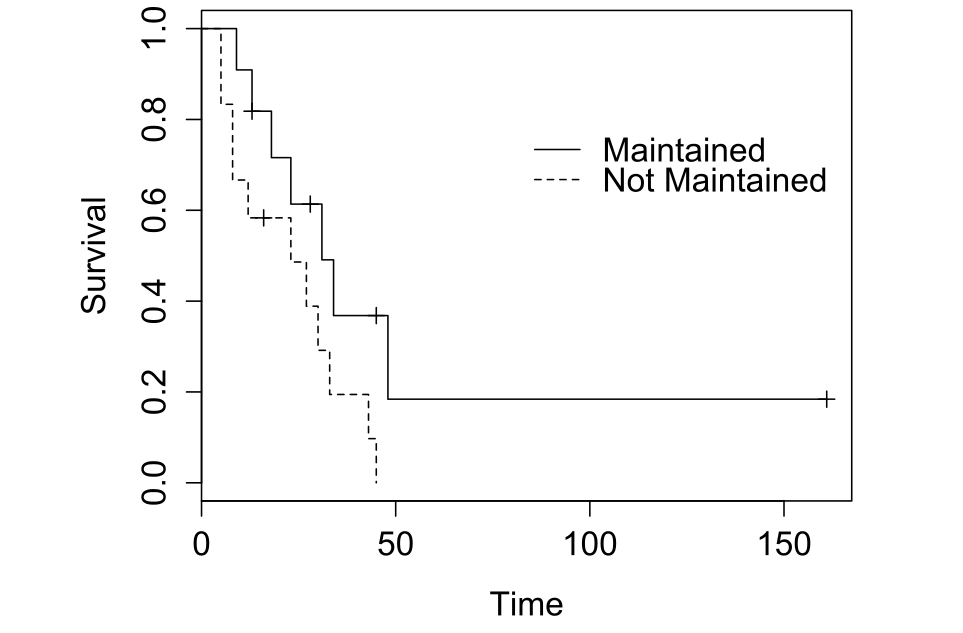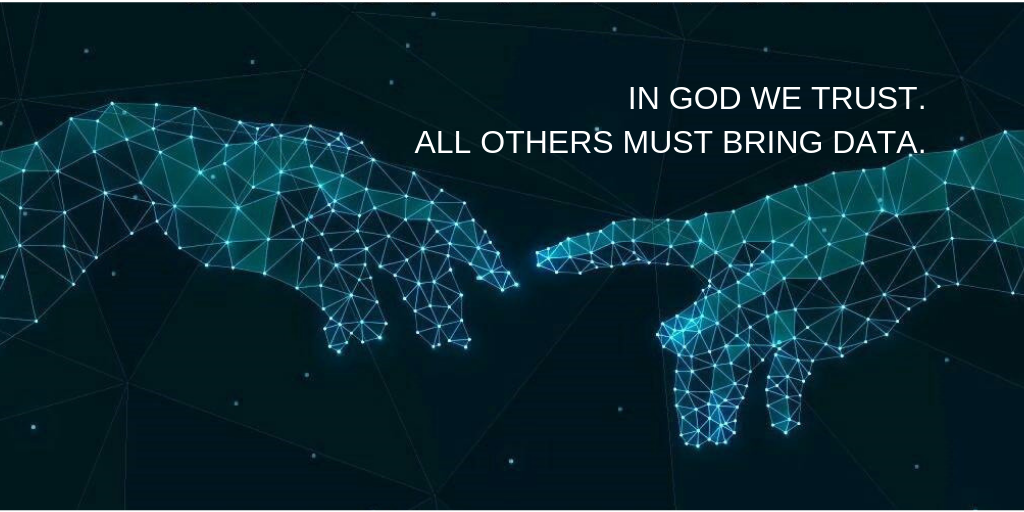
by Adem Ait Fonollà | Apr 25, 2022 | Community, research
As you all know, Open Source software (OSS) proposes a collaborative development model where the code is accessible and anyone can contribute. However, this very own collaborative nature becomes one of its main sources of problems, as developers abandoning the project...

by Jordi Cabot | Dec 1, 2021 | Community, research
The role of non-tech/non-coding contributors in Open Source Software (OSS) is poorly understood. Most of current research around OSS development focuses on the coding aspects of the project (e.g., commits, pull requests or code reviews) while ignoring the potential of...

by Jordi Cabot | Aug 17, 2021 | Community, research, Tool
Any important decision should be grounded on data. This is also true for any decision that affects your software projects. You shouldn’t reach any conclusion regarding the health of your project or the actions to take to improve it without a good look at the...

by Jordi Cabot | Mar 11, 2021 | AI, research
The success of Artificial Intelligence (AI) has sparked substantial interest in the software engineering (SE) field to improve AI scalability and quality [1]. AI applications face common challenges in their SE processes [2]. Among those, they are hard to specify [3],...

by Robert Clarisó | Aug 9, 2020 | research, Community
Participation inequality is a major challenge in any shared-resource system. This is known as the “volunteer’s dilemma”: everybody wants to benefit from a resource without contributing, expecting others will do the work. We set out ot explore whether this problem also...

by Jordi Cabot | Jul 3, 2020 | research, Tool
As part of the 2nd International Workshop on Bots in Software Engineering (BotSE 2020), I gave the keynote “Lessons learned from building a commercial bot development platform” where I discussed some of the key aspects we have learned while building our...







